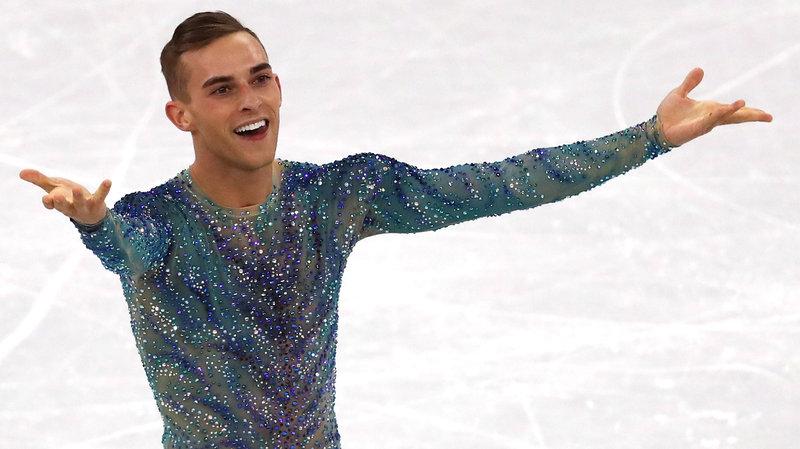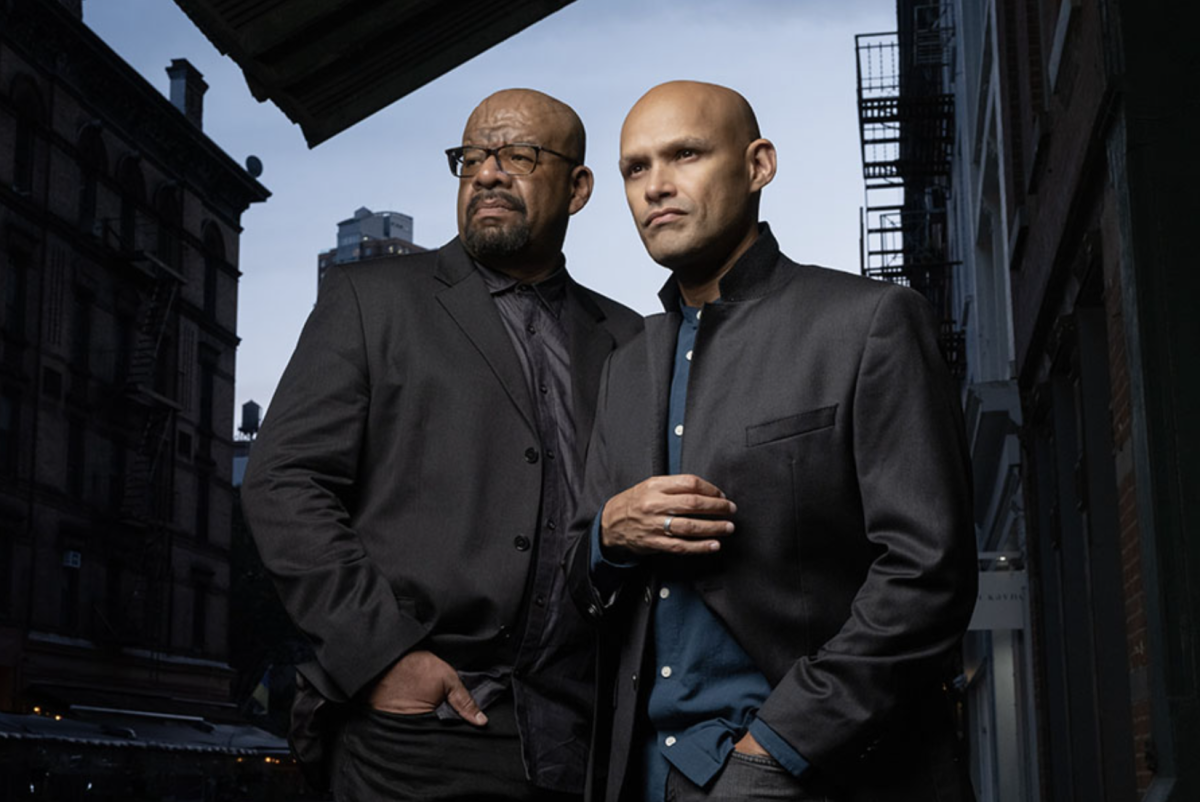The 2018 Pyeongchang Winter Olympics was the first Olympics in which figure skaters were allowed to choose music with lyrics for use in their performances. This rule is a result of the International Skating Organization’s recent approval of lyrics in performances, which was approved in 2012, but only came into effect after the Sochi Winter Olympics in 2014.
Although some in the skating world feared that allowing music with lyrics would compromise the artistry of the sport and turn it from elegant to cheesy, this year’s skaters put together competitive, top-notch programs that were both technically and artistically brilliant. The sheer diversity of music choices now available to figure skaters made this year’s Olympic skating programs more fun and exciting to watch. Many skaters took advantage of the rule change, finding music with lyrics to be more evocative and expressive than music without lyrics.
As Chinese pairs skater Han Cong noted in an interview, “Sometimes music with vocals, it brings out more passion. When the lyrics have meaning, it may touch your heart more easily.”
While classics like “Carmen” and “Swan Lake” were still popular choices this year, figure skaters competed to songs ranging from “Run the World (Girls)” by Beyonce and Ed Sheeran’s “Make it Rain” to AC/DC’s “Back in Black” and a cover of “Sound of Silence” by rock metal band The Disturbed. For instance, the audience cheered on Adam Rippon, the first openly gay American to qualify for the Olympics, as he skated to Ida Corr and Fedde Le Grand’s remix “Let Me Think About.” Rippon described the performance as “a little trashy, a little fun.” Likewise, Japanese skater Yuzuru Hanyu’s graceful, dramatic performance to the soundtrack from the Japanese film “Onmyoji” (The Yin-Yang Master) held the audience spellbound.
No longer confined to one genre of music, figure skaters have more freedom to pick music which they can personally relate to, allowing the audience to get to know the figure skaters. Even those who don’t like watching skating may find themselves drawn to individual competitors’ personalities.
“When they allowed vocals to be used in competition, it really opened the door for somebody like me to go out there and try to change it up a little bit,” Rippon said in a recent interview. “I think as humans we love things that sound familiar… when we find something with lyrics, it’s easier to portray that and perform.”
Skaters like Rippon and Hanyu have garnered much attention for both their talent and their music choice. Rippon’s music choice certainly helped him express his outspoken, fun personality on ice. His performance was electric, infectious and full of life, much like Rippon himself. Hanyu’s sweet, youthful demeanor and humility shone through, reflected in his elegant and delicate yet fierce skating style. The new music rule has undoubtedly opened the door to a wider range of song choices and more authentic, personal performances, pleasing both athletes and audiences alike.




